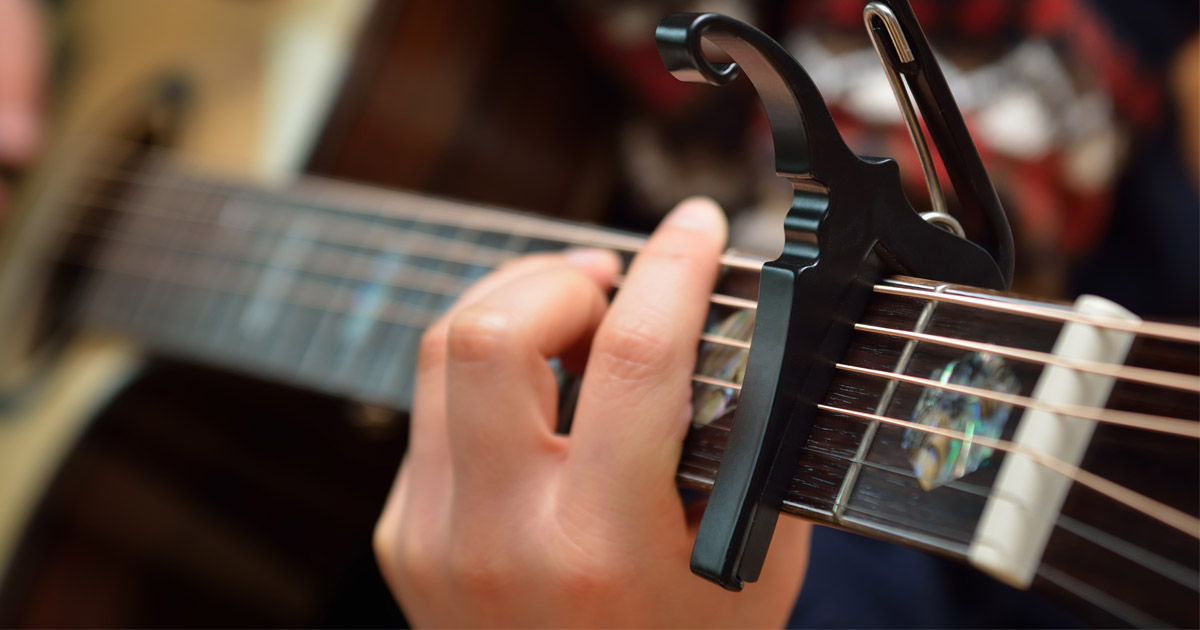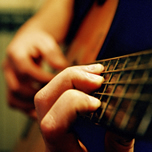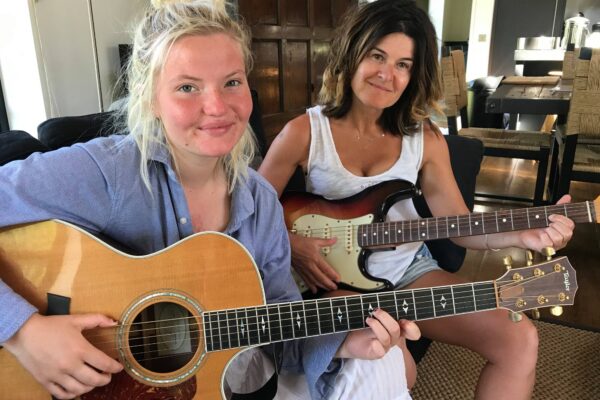
Do I have to learn music theory?
Do I have to learn musical theory to play guitar?
“Do I have to learn musical theory to play guitar?”
As a guitar tutor, this is a question I get asked on a regular basis and to my dismay, not one that has a straight forward answer. Depending on who you ask, you might be told its imperative and there is no other way to learn. Others will tell you it’s not necessary at all but ultimately it depends on you, your musical aspirations and what you want to get out of playing the guitar.
Is Music Theory Essential for Playing Guitar?
I encounter a lot of people who have already decided that learning musical theory isn’t for them and their primary goal is to be able to play some songs that they like. The guitar is an excellent instrument to do this on because it allows you to learn ‘shapes’. A method of memorising where to put your fingers for different chords, scales, arpeggios etc. as opposed to learning what notes your playing. Even by learning as few as four different chord shapes you can already start to play hundreds of different songs, without having to learn the theoretical side of key signatures, chord construction and scales.
Can You Play Guitar Without Learning Music Theory?
In my opinion, this is a really fast and rewarding way to learn guitar. When you first start taking guitar lessons, there can be a lot to take in and remember. It can be overwhelming to get to grips with physically playing the guitar as well as concentrating on the theory at the same time. I think this can deter a lot of beginner students and can overcomplicate your initial encounter with a guitar. The fastest way to improve your guitar playing is to be inspired and motivated. We achieve that by learning things we are passionate about. So the ability to play the songs you love quickly, will make you want to learn more. Once you are feeling more confident with your playing and your ready to kick things up a gear, this is when the theory comes in!
Musical theory is the universal language of musicians. Its a way of communicating with other musicians, through a definitive way of describing the music. Its the difference between ‘this chord sounds jazzy’ and ‘this chord is a C7#9’. When you get to the stage you’re wanting to play with other people, maybe write some music or just gain a deeper understanding of what it is you’re doing, this is the perfect time to fill in the blanks. You already have a base knowledge of how to play the guitar, now you can apply the theory to it. Its much easier to learn how a C major chord is made up, when you already know how to play it, what it looks like and what it sounds like.
This is how I was introduced to musical theory. I self taught myself for a few years until I knew it was time to take things to the next stage and started taking guitar lessons. For me personally, learning musical theory was a really exciting time. It was filled with ‘light bulb’ moments and I was constantly having epiphanies as I learnt how everything was interconnected. The more I found out, the more I wanted to know. It gave me a new found confidence in my playing and allowed me to play more intentionally. Knowing new scales and how they were connected to chords gave me new ways to write more interesting music. I felt like my overall understanding of music was slowly falling into place. It was a very rewarding experience that gave me confidence to join my first band and start playing in public. For lack of a better word, I felt a bit more legit.
I’ve also met a lot of guitarists who feel like they have left it too late to learn musical theory and I can get why they might feel that way. If you’ve been playing for years and not touched on any theory, it can seem like a daunting task, almost like starting from scratch. However, I guarantee you it will rejuvenate your playing! You probably know way more than you think, you might just not have names for things for the things you know or how to use them to their fullest. With a few basic theory lessons you can really start to see playing the guitar with a whole new perspective. You don’t have to learn the notes of the Phrygian dominant scale, but learning key signatures and how chords and scales are constructed will prove incredibly useful.
There are some useful and simple things that you can do yourself, if you feel like its time to know some theory. Start by learning the notes of the strings and notes of the fretboard (you can find a fretboard diagram on the internet), learn the notes of the chromatic scale, find out the difference between a tone and a semi-tone, get yourself a beginners music theory book and start reading. If your having guitar lessons or thinking of taking some, all these things will prepare you, which will give you the best chance of success. It’s also important to find out the best way you learn. Some people find it easier to learn with the guitar in their hands and hear what they are doing, others like to see the theory written down and be taught in a more visual way. By communicating with whoever is teaching you, find the method that is going to help you make the most progress.
There have been hundreds of famous and successful musicians over the years that haven’t had the slightest clue about musical theory and that hasn’t held them back. At its essence playing the guitar should be about creative expression. As long as the music is what you intended to create, it doesn’t really matter how you get there. Music theory is just a tool that can make you more knowledgeable and give you more musical insight. As a result it will enhance the music that you create!
By Adam Ward







